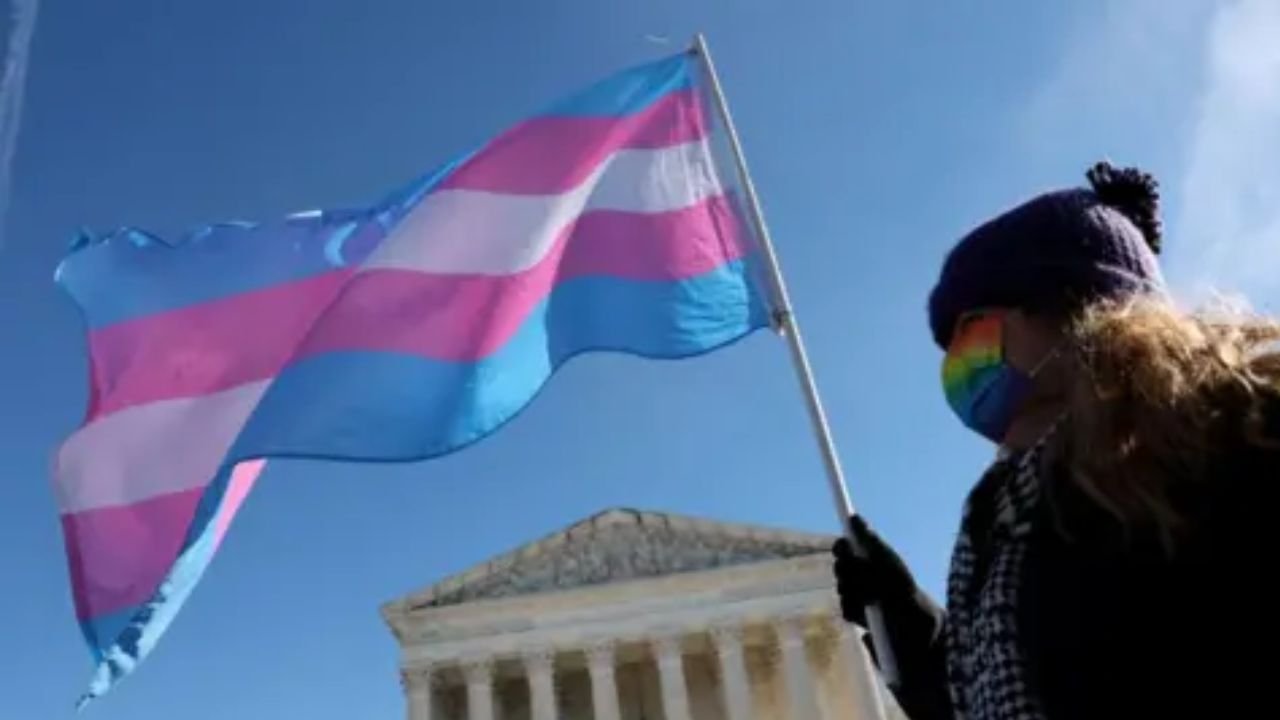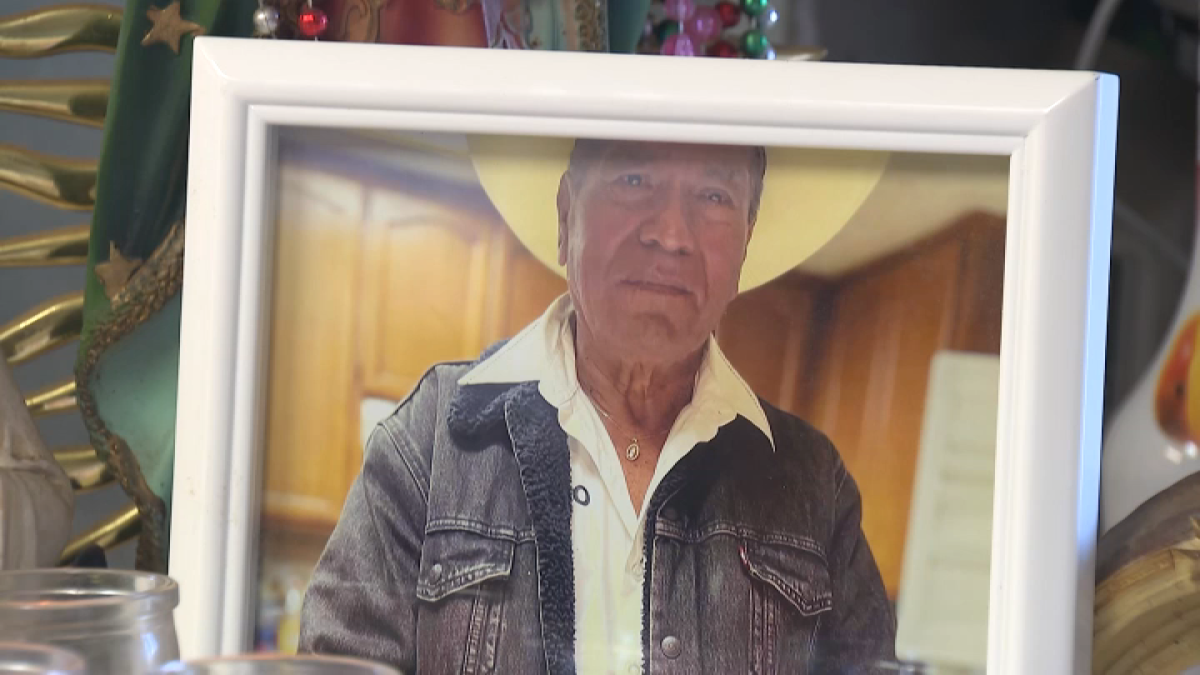WASHINGTON — The U.S. Supreme Court announced Thursday it will review whether state laws banning transgender athletes from competing in girls’ and women’s sports violate the Constitution or Title IX, setting the stage for a nationally significant legal battle with sweeping implications for school athletics.
The court will hear appeals related to two high-profile laws — Idaho’s Fairness in Women’s Sports Act and West Virginia’s Save Women’s Sports Act — both of which limit sports team participation based on biological sex assigned at birth. These laws are being challenged on the grounds that they discriminate against transgender athletes and violate equal protection rights.
Idaho’s Law at the Center of Constitutional Dispute
Idaho became the first state to enact legislation barring transgender women from participating in female athletics, requiring all sports teams to be defined by biological sex. The law allows for health checks to verify a student’s sex in cases of dispute.
This measure was challenged by Lindsay Hecox, a transgender woman and Boise State student, who sought to try out for the women’s track and cross-country teams. A federal district court blocked enforcement of the law in 2020, ruling it likely unconstitutional. The 9th Circuit Court later upheld the injunction, emphasizing the lack of evidence showing transgender women on hormone therapy have competitive advantages over cisgender women.
West Virginia’s Ban and the Ongoing Fight
West Virginia’s 2021 law similarly defines team eligibility by biological sex and was legally contested by Becky Pepper-Jackson, a transgender girl barred from joining her middle school’s girls’ track team. After initial court victories allowed her to compete, a district judge upheld the law in early 2023, prompting further appeals.
In April 2024, the 4th Circuit ruled in Pepper-Jackson’s favor, asserting that excluding her from girls’ sports effectively denies her equal access under Title IX. The majority opinion cited her medical treatment and long-standing social transition as evidence of her identity, saying requiring her to join boys’ teams was no “real choice at all.”
Trump-Era Executive Orders and NCAA Policy Shifts
The legal conversation escalated after former President Donald Trump signed an executive order in February reaffirming that Title IX prohibits transgender athletes from competing on women’s teams. Following that, the NCAA updated its policy to limit participation for transgender athletes assigned male at birth.
These changes sparked widespread debate. Some institutions, such as the University of Pennsylvania, have since restricted transgender athletes’ participation in women’s sports as part of agreements to resolve alleged Title IX violations.
Conservative and Civil Rights Reactions Split Along Familiar Lines
West Virginia Attorney General JB McCuskey praised the Supreme Court’s involvement, saying the law ensures “fairness in women’s sports.” His argument is echoed by lawmakers in over two dozen states that have passed similar legislation.
But civil rights advocates, including the ACLU, argue these laws are discriminatory. “Categorically excluding kids from school sports just because they are transgender will only make our schools less safe and more hurtful,” said Joshua Block, who represents both Hecox and Pepper-Jackson.
What Happens Next
The Supreme Court will take up both cases in its October term. This marks the first time the court will consider how Title IX protections and the Equal Protection Clause apply to transgender students in sports — a case with implications far beyond Idaho and West Virginia.
Lower courts have so far been split on the issue. West Virginia’s appeal claims the 4th Circuit’s decision “threatens Title IX’s promise” by allowing transgender girls to compete against cisgender girls, while attorneys for Pepper-Jackson maintain it’s too early for the Supreme Court to weigh in, as no other appellate court has issued a contrary ruling yet.
Do you believe school sports should be separated strictly by biological sex, or should transgender athletes have a right to compete based on gender identity? Share your thoughts with us at ChicagoSuburbanFamily.com — your voice matters in this national conversation.













